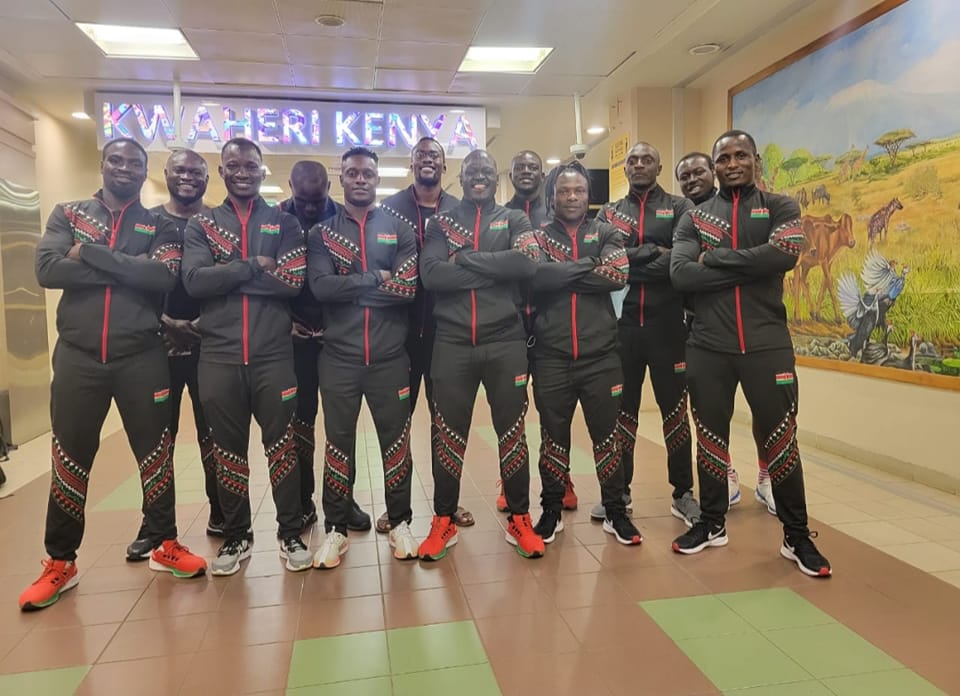Kenyan athletes often confront challenges that extend well beyond their sporting careers, whether during active competition or after retirement. In response to these challenges, Sighn Ojwang Training Baddies (SOTB) has emerged as a dedicated support network aimed at enhancing the social welfare of rugby players. This initiative offers a comprehensive support system designed to improve athletes’ personal and professional lives.
Founded primarily by rugby enthusiasts, SOTB provides a safe and supportive environment where athletes can openly discuss their off-field experiences. It serves as a community hub where members can share their struggles and successes, offering assistance in areas such as business ventures, educational pursuits, and handling emergencies, including medical and personal crises.
Moreover, the foundation encourages athletes to engage in community service and public awareness campaigns while prioritizing mental health awareness to ensure overall well-being. This holistic approach underscores SOTB’s commitment to nurturing athletes not only as sports professionals but also as responsible members of society.
Speaking to People Sport, Francis Onyango Otieno, the group’s founder and chairman, shared the inspiration behind SOTB’s formation. He highlighted how a shared experience of supporting a grieving member during a personal loss underscored the importance of solidarity and mutual aid among peers.
“The genesis of our group stemmed from our rugby camaraderie during the Covid-19 pandemic. When one of our own faced a significant loss, we rallied around him. This experience crystallized our resolve to formalize our support network,” explained Otieno. “We emphasize mutual savings and maintain an emergency fund, promoting financial resilience among members.”
Despite its noble objectives, SOTB faces challenges typical of grassroots organizations. Otieno pointed out that many members, primarily youth aged 18-35, struggle with unemployment and unstable income from casual labor, which hampers their ability to contribute regularly to the group’s funds.
“Most of our members rely on sporadic manual jobs, making consistent financial contributions challenging,” noted Otieno. “Our focus remains on empowering members through idea-sharing, promoting inclusivity, and seeking external support to sustain our initiatives.”
Daniel Oyoo, a participant in SOTB, expressed cautious optimism about the initiative’s impact on youth empowerment. He praised its potential to address critical issues like poverty, unemployment, and social unrest, while calling for sustained support from sports institutions and government bodies.
“While initially optimistic, I’m mindful of the challenges facing grassroots initiatives like SOTB, such as leadership stability and resource constraints,” commented Oyoo. “Collaboration with bodies like the Kenya Rugby Union and the sports ministry could bolster efforts through training, mentorship, and access to role models.”
Despite these obstacles, SOTB continues to make a positive impact in the community by addressing issues such as substance abuse prevention, educational advancement, and job creation. Its success is evident in the growing membership and the organization’s active participation in regional tournaments and disaster relief efforts nationwide.





